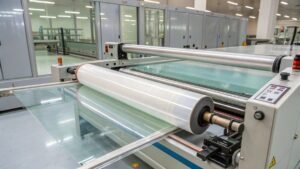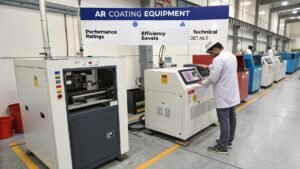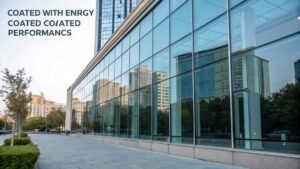Anti-reflective coating solves glare issues but costs more. Industry professionals need to decide if the benefits justify the investment.
AR coating dramatically improves light transmission up to 99.5%, reduces glare by 75%, and enhances visual clarity for industrial applications ranging from solar panels to architectural displays.
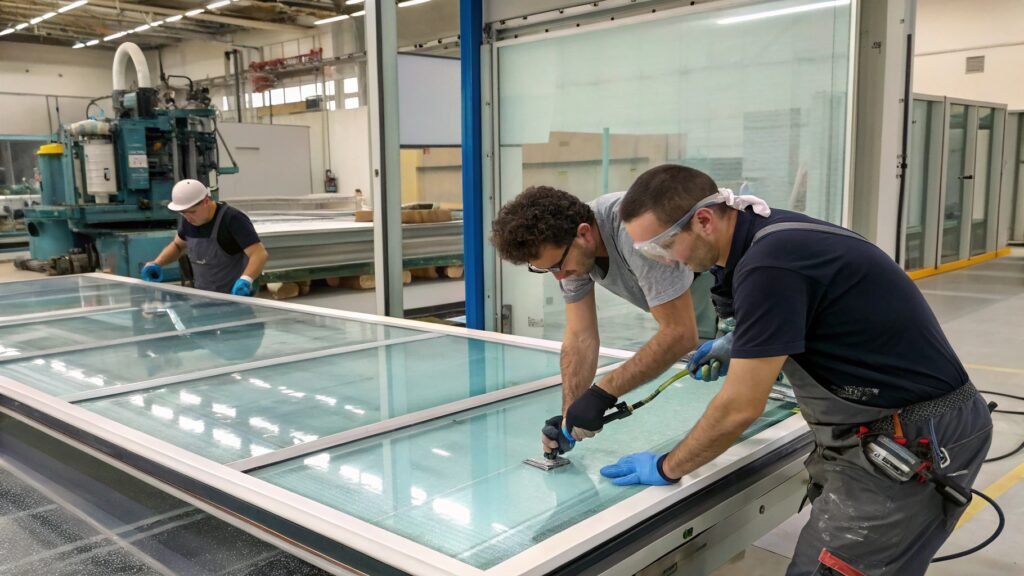
The decision to invest in anti-reflective coating for industrial glass involves multiple factors beyond just cost. For industries where visual clarity and light transmission directly impact performance, AR coating becomes not just an option but a necessity.
What exactly does anti-reflective coating do for industrial applications?
Solar panel manufacturers face significant light reflection losses. AR coating provides measurable performance improvements.
Anti-reflective coating reduces light reflection by over 75%, increases light transmission to 99.5%, and significantly improves the efficiency and visual performance of industrial glass products across various applications.
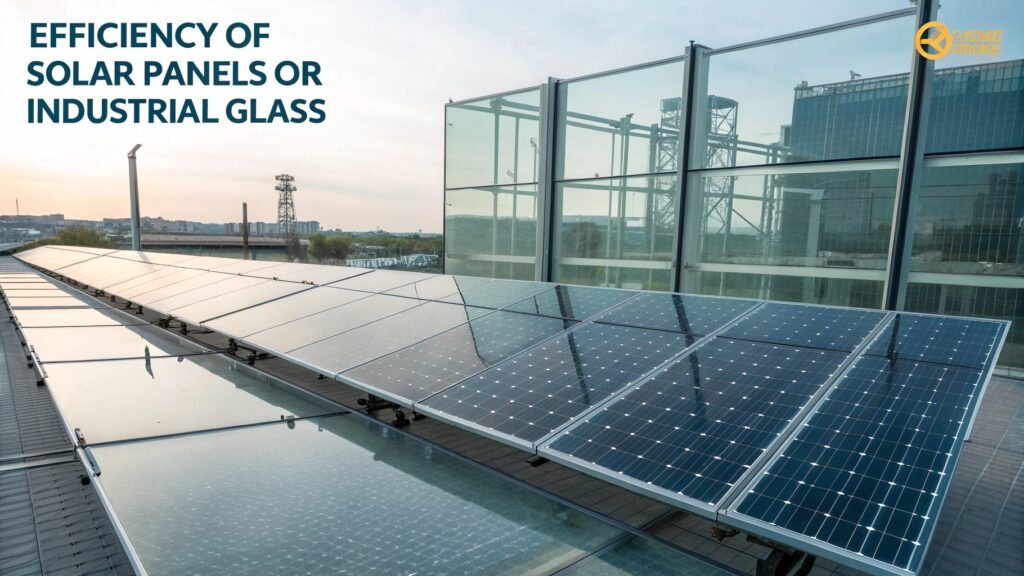
The mechanism behind AR coating1 involves applying multiple microscopic layers of metallic oxides that create destructive interference for reflected light waves. This process allows more light to pass through while minimizing reflections. For solar panels, this translates to approximately 2.5% increased light transmittance2, boosting overall energy efficiency. In architectural applications, AR-coated glass provides better visual clarity for displays and windows while maintaining high durability. The coating thickness typically ranges from 0.2 to 0.3 microns, representing only 0.02% of the total glass thickness, making it virtually undetectable while providing significant functional benefits.
| Application | Benefit | Performance Improvement |
|---|---|---|
| Solar Panels | Increased Efficiency | +2.5% light transmittance2 |
| Architectural Glass | Enhanced Clarity | 75% reflection reduction |
| Display Glass | Better Visibility | 99.5% light transmission |
| Electronic Devices | Reduced Glare | Improved screen readability |
How does AR coating impact different industrial sectors?
Various industries benefit from AR coating in unique ways. The solar industry gains improved energy efficiency, while architectural applications achieve better aesthetic and functional performance.
The global anti-reflective coatings market is projected to exceed $6 billion by 2024, driven by growing adoption across optical, electronic, and solar applications. Solar panel manufacturers particularly benefit from AR coating as it helps avoid light wastage through reflection, significantly improving light transmission efficiency. Countries like China, India, and France are actively incentivizing solar power installations, further driving demand for AR-coated glass solutions. In the architectural sector, AR coating enhances visual clarity for display windows and museum exhibits while maintaining the glass's structural integrity and durability.

What about the cost versus benefits analysis?
The investment in AR coating must be justified by tangible returns. For most industrial applications, the long-term benefits outweigh the initial costs.
AR coating typically adds $20-90 per pair for eyewear, but industrial applications show significantly higher ROI through improved efficiency, durability, and performance across solar, architectural, and display applications.

The cost-effectiveness of AR coating depends heavily on the specific industrial application. For solar panel manufacturers, the 2.5% increase in light transmittance3 directly translates to higher energy output, making the investment quickly recoverable through improved efficiency. Architectural applications benefit from reduced maintenance costs and enhanced visual performance, while electronic displays gain improved readability and user experience. Modern AR coatings have addressed historical durability concerns, with current formulations lasting up to two years with proper care and handling. The technology has evolved significantly since its early days, with modern coatings being integral to the glass rather than superficial layers that could peel or scratch easily.
How do you choose the right AR coating solution4?
Selecting the appropriate AR coating requires understanding specific industrial needs and performance requirements.
Different industries require tailored AR coating solution4s. For solar applications, our photovoltaic glass ARC line provides specialized coating that increases light transmittance3 by over 2.5%. Architectural projects benefit from our glass IR UV shading coating line which blocks over 95% of infrared radiation while maintaining high visual clarity. The selection process should consider factors such as substrate type, environmental conditions, required durability, and specific performance metrics. Working with experienced manufacturers ensures the coating solution meets exact industrial requirements while providing optimal cost-effectiveness.
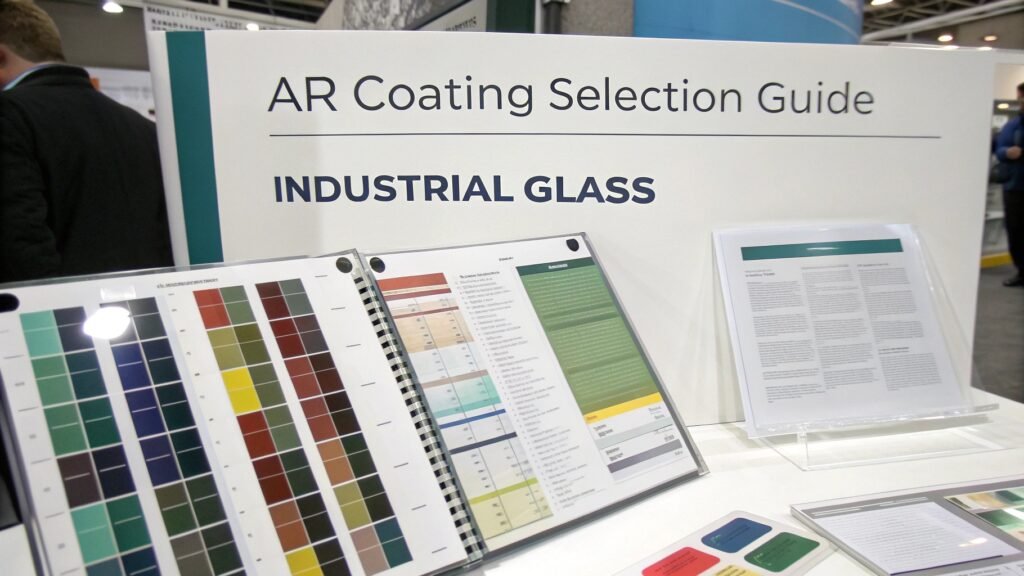
Conclusion
Absolutely worth it—AR coating significantly improves industrial glass performance, efficiency, and visual clarity across multiple applications.
-
Understanding AR coating can enhance your knowledge of optical technologies and their applications in various industries. ↩
-
Exploring light transmittance will provide insights into improving energy efficiency and the performance of solar technologies. ↩ ↩
-
Understanding light transmittance is crucial for maximizing energy output in solar applications, making this resource invaluable. ↩ ↩
-
Exploring this link will provide insights into selecting the best AR coating tailored to specific industrial needs. ↩ ↩


